It was never supposed to be this way. For supporters of Nicola Sturgeon – and, it seems, such people do still exist – the Covid-19 pandemic was her saving grace.
Sure, she clutched at other straws as she attempted to define her legacy.
As she announced her resignation, we were told Scotland is “fairer” than it was when she took over – a nebulous barometer if ever there was one.
Equally, she hailed the “more progressive approach to taxation” she had introduced – and look where that has got us.
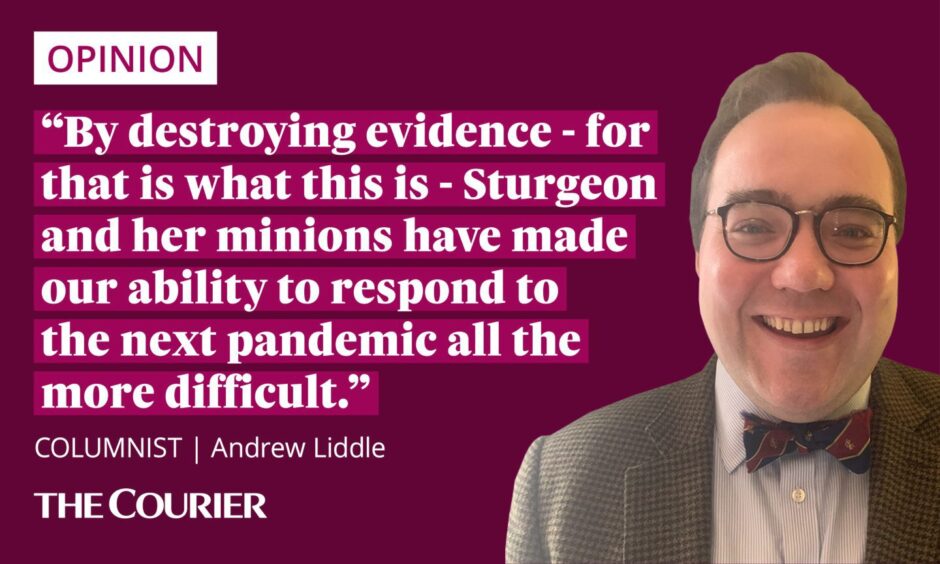
Perhaps most extraordinarily, she even chose to highlight the creation of “a network of [Scottish Government] trade hubs” on her watch – and if you ever want to know what a barrel being scraped sounds like, please do listen to that section of her resignation speech.
All but the most delirious Sturgeon fanatics recognised these were small-fry achievements, barely achievements at all, or – on occasion – actively damaging.
But the Covid-19 pandemic was supposed to be different. Her communication, her compassion, and her public leadership were the one thing – the one genuine achievement – her and her supporters could point to from nearly a decade in office.
In truth, this was always a significant weight of reputational expectation for Sturgeon’s leadership during the pandemic to carry, not least given outcomes from Covid-19 were broadly similar between Scotland and the rest of the UK.
It is therefore little surprise that this defence of Sturgeon’s reputation, so readily deployed by her apologists, has so quickly fallen apart.
We should make no mistake here.
Sturgeon’s deletion of her WhatsApp messages is an absolute scandal.
It is a scandal because it is a deliberate attempt to avoid scrutiny.
It is a scandal because it is a deliberate attempt to subvert understanding of how decisions were made, and by whom.
It is a scandal, most importantly, because it goes against an explicit promise made by Sturgeon that she would not only keep all her messages, but hand them over.
It is entirely understandable the families of the bereaved are outraged, and so they should be.
Caroleanne Stewart, whose lost her brother to the virus in 2020, spoke for many when she said: “I trusted them, I felt [National Clinical Director Jason] Leitch and Nicola Sturgeon were honest and trying to be open with us and to find out that was all a façade, I don’t understand how they can hold their head up high.”
But it is not just those who lost loved ones that should be disgusted with Sturgeon’s failure, but all of us.
By destroying evidence – for that is what this is – she and her minions have made our ability to respond to the next pandemic all the more difficult.
Thanks to her decision to try and deflect from mistakes – and hide her political choices – those same mistakes are all the more likely to be made again.
There is no doubt that Sturgeon – a composite performer, as the pandemic proved – will come out swinging when she appears before the Covid-19 inquiry.
But the vague defences she and her cronies have already deployed – that they were merely following protocol by deleting messages, or that messages could not be kept for “security” – simply do not stand up to even the most unserious scrutiny.
And this is the crux. Sturgeon’s positive pandemic legacy hinged on the fact that she was more honest, more responsible, and more caring than those leading the pandemic response elsewhere in the UK.
With these latest revelations, that illusion has now been well and truly shattered, and it has destroyed the final vestiges of her legacy with it.
House of Lords may be only chance of SNP staying at Westminster
SNP MPs, it seems, are no longer just jumping ship, but actively seeking lifeboats.
Of course, Ian Blackford’s call for the SNP to reverse its opposition to its former politicians becoming members of the House of Lords is self-interested, but it is also long overdue.
The Nationalists’ attitude to the second chamber – which has arguably been the finest part of any parliament in the UK over the last decade, particularly over Brexit – is petty and immature.
After all, whatever their political faults, there are clearly a number of SNP MPs who have proved themselves more than capable parliamentarians with plenty worthwhile to offer.
Defeat at a General Election should not spell the end of their careers as public servants but, under the SNP’s current policy, they will be forced into retirement, the private sector, or – worst of all – some minor party function.
Even the traditional political lifeboat for Scottish politicians – a seat at Holyrood – may prove tricky for defeated SNP parliamentarians to achieve in 2026.
Blackford’s suggestion should therefore be given serious consideration by the SNP leadership.
Apart from anything else, it may be the SNP’s only chance to keep some representation at Westminster after the next General Election.
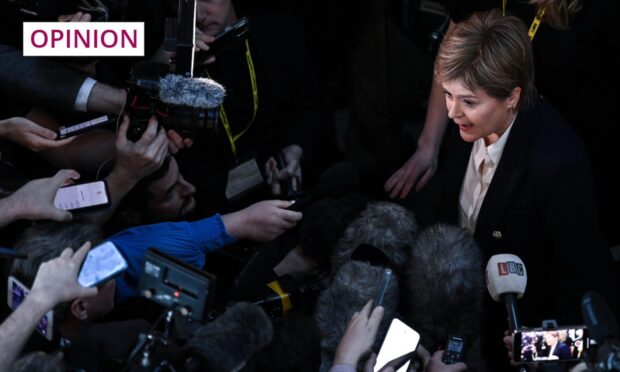
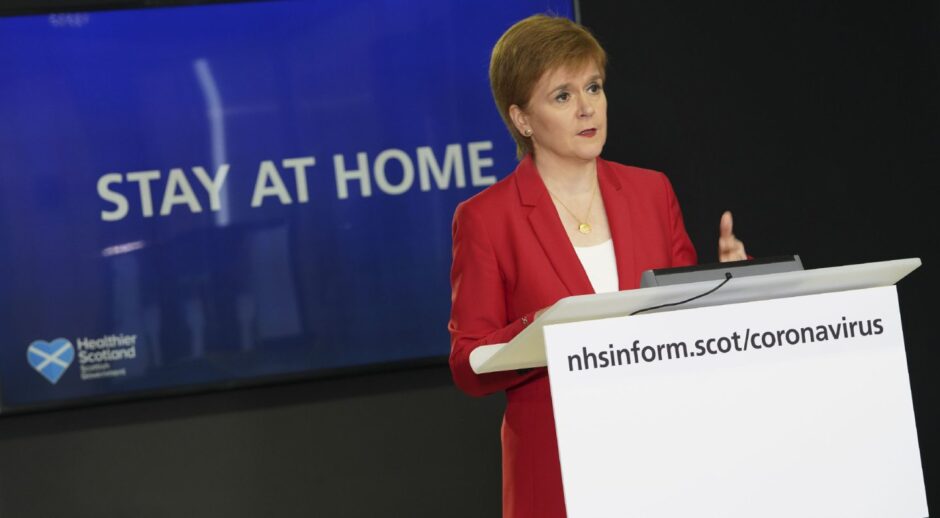
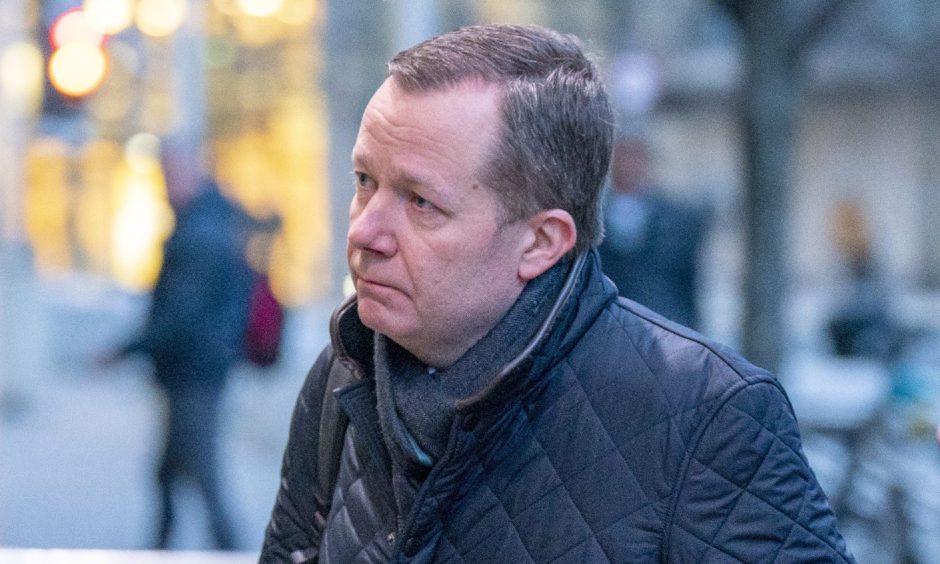
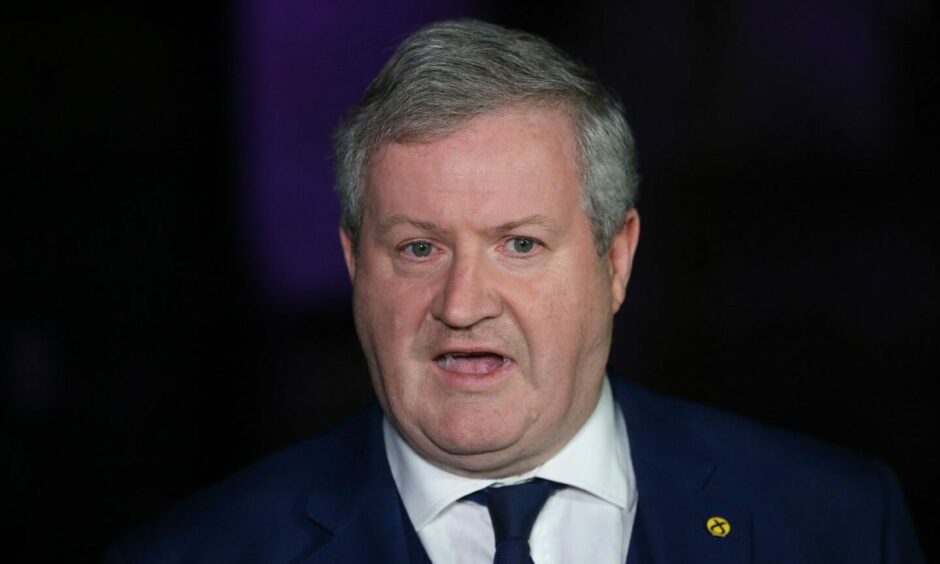
Conversation